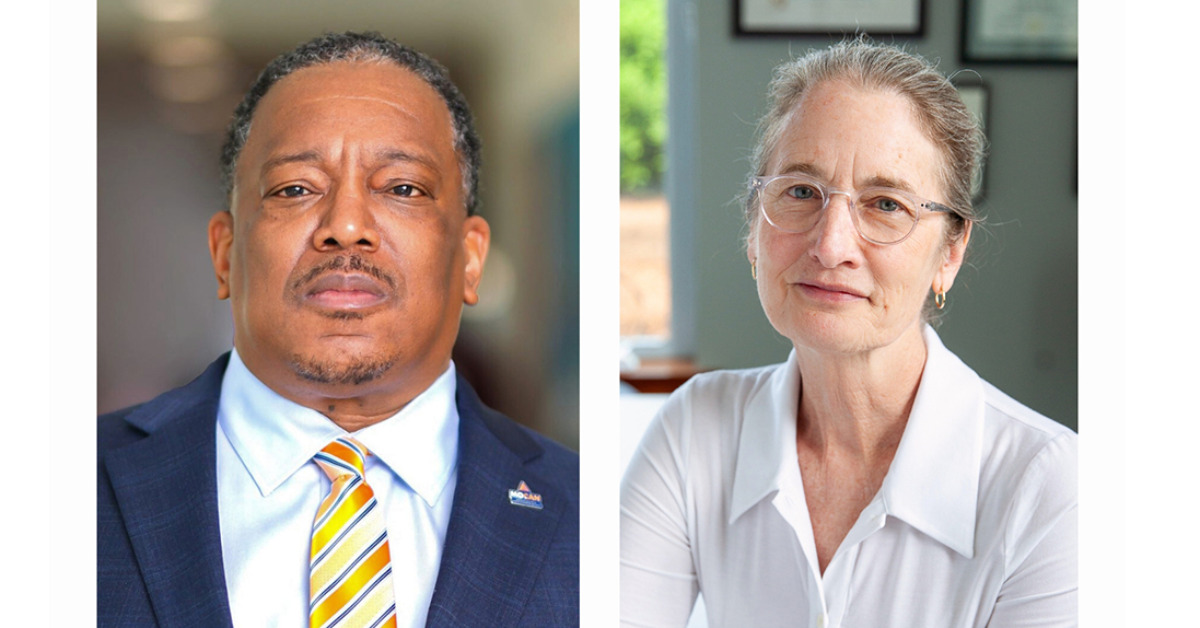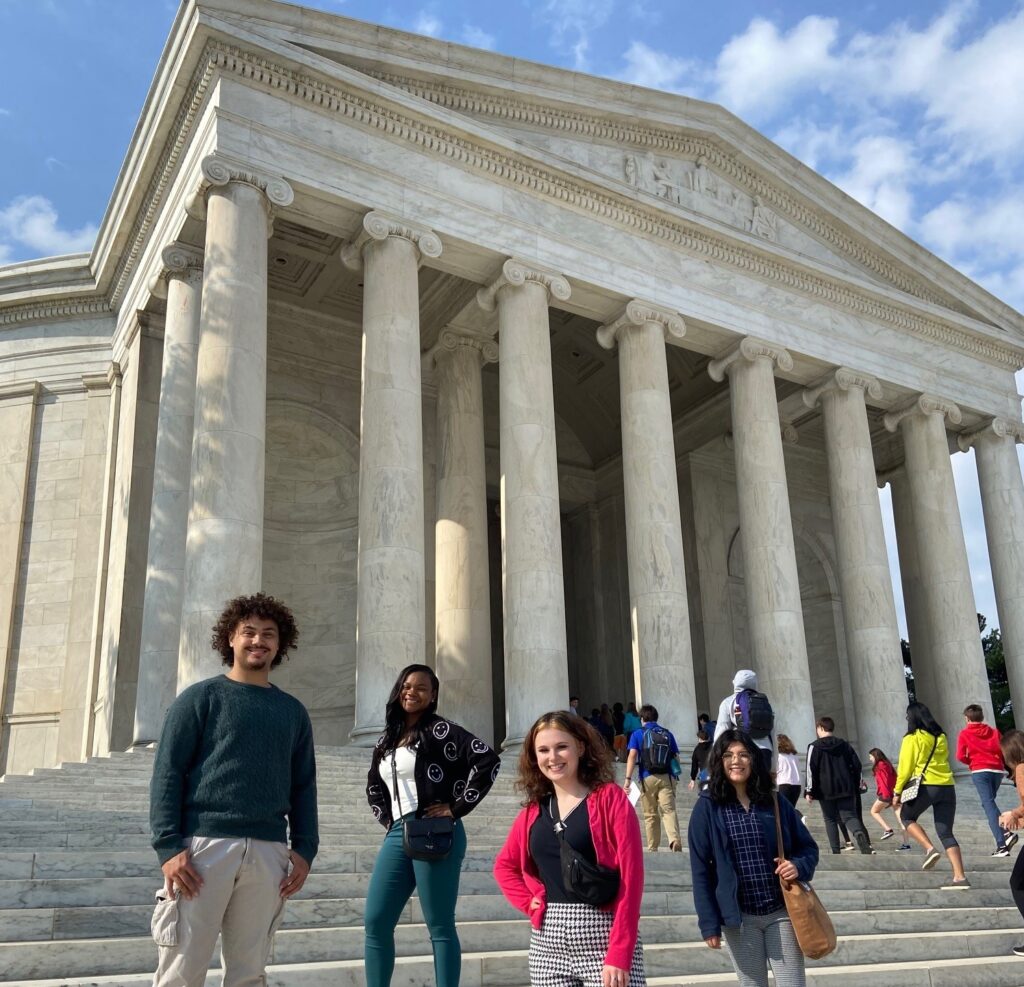By Trent Ball and Faith Sandler

We have come over a way that with tears has been watered.
-James Weldon Johnson, Lift Every Voice and Sing
(authored in 1900 to celebrate Abraham Lincoln’s birthday)
Deep dysfunction at Lincoln University in Jefferson City is national news. The untimely death of Dr. Antoinette “Bonnie” Candia-Bailey has sparked alumni demands that the president step down, prompted the curators to accept his request to go on paid administrative leave as an investigation is conducted, and inspired student protest in sub-zero temperatures while the cameras roll.
Be advised before you search online or read the article linked below that this is a story of toxic work environments and of suicide. The content, while troubling, may be especially triggering for some: Inside Higher Ed – January 12, 2024
Once the news began breaking, we did what we often do when either of us hears that racism and higher education have conspired; we began texting, sharing links, and trusting each other with language others might find incendiary. In the last year, we have done so when the Supreme Court dismantled affirmative action, student loan forgiveness became a broken promise, an elite university grabbed headlines by announcing a “no loan” new-day, and reporters revealed the desperate tactics of a nearby independent college to raise revenue by offering football scholarships to young Black men who quickly found themselves withdrawn from school and in debt.
In Missouri and across the nation collisions among professionals, values and power are on constant display on college campuses. We have each committed our careers to the hope that education will be the catalyst to change a broken world. Our friendship stands solidly on belief in the potential of young people to lead.
Over the last several days and coinciding with the holiday honoring the legacy of Rev. Dr. Martin Luther King, Jr., we were both especially troubled to read Dr. Candia-Bailey’s last email to the president of Lincoln; her distress is palpable in each sentence. Our attention turned to what might come next and we both predict even more public displays of racism, rancor, and disregard ahead. These trends tend to continue.
Students at Lincoln are watching education leaders punish posthumously a person who suffered deep depression and anxiety resulting from a toxic workplace. How can they trust that their own mental health will be respected and protected by their school? Last week, Scholarship Foundation student advisors began contacting Lincoln students to check-in on their well-being and to offer mental health resources as students return to campus this week.
In Dr. Candia-Bailey’s experiences, staff at Missouri colleges and universities see themselves and recognize patterns they’ve observed on their own campuses. How can they know their own worth and find safety? The Missouri Association for Blacks in Higher Education (MABHE) is now considering opportunities for faculty and staff to reflect and support each other on campuses when and where they witness and experience the kind of bullying that Dr. Candia-Bailey suffered.
Together, we have some 70 years of experience in higher education, student services, and commitment to racial and economic equity. The current moment at Lincoln underscores for us a reality we have each worked to counteract. Black professionals in higher education are harmed each day by an environment of white privilege that looks past them, requires more of them than of their white counterparts, pays them less, and is increasingly emboldened to harass and bully those who dare to object or ask for help.
As many schools are using the Supreme Court decision on admissions to defund and dissolve their diversity, equity, and inclusion efforts, students of color are more isolated and even more likely to disengage for fear of their own survival. Whether an institution is an HBCU (Historically Black Colleges and Universities) or PWI (Predominantly White Institutions), this moment requires constant vigilance to guard against racism and other dangerous forms of discrimination in the academy.
We mourn the death of Dr. Antoinette “Bonnie” Candia-Bailey. We so deeply regret the many tears she must have shed. We expect much more from our institutions of higher education; after all, students are watching and waiting for us to try even harder to get it right.
Trent Ball is President of the Missouri Association for Blacks in Higher Education.
Faith Sandler is Executive Director of The Scholarship Foundation of St. Louis.





